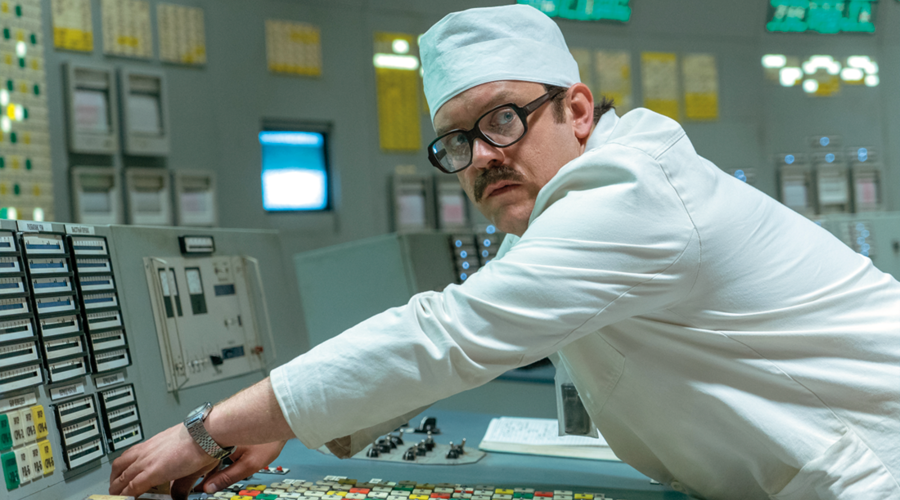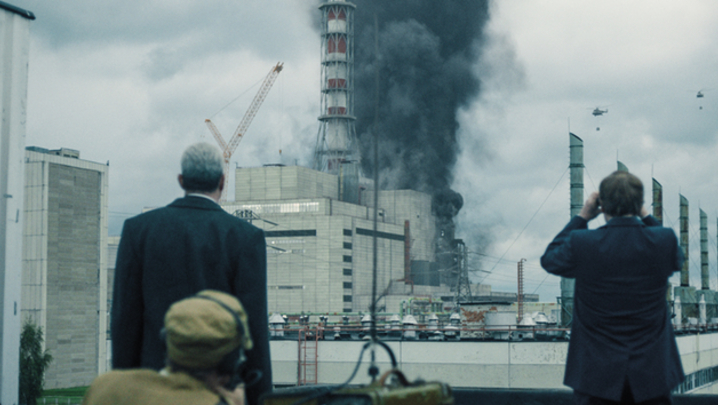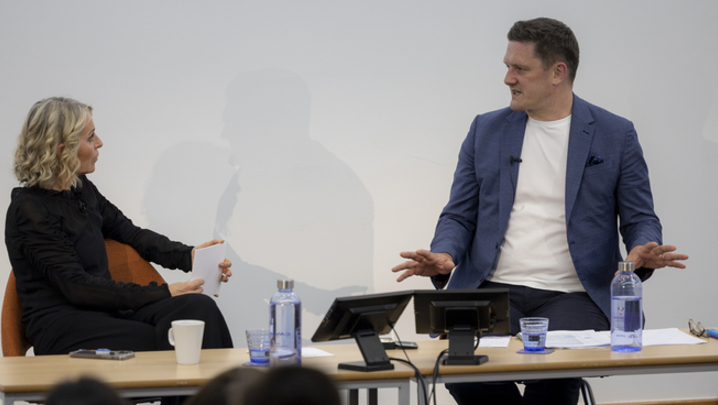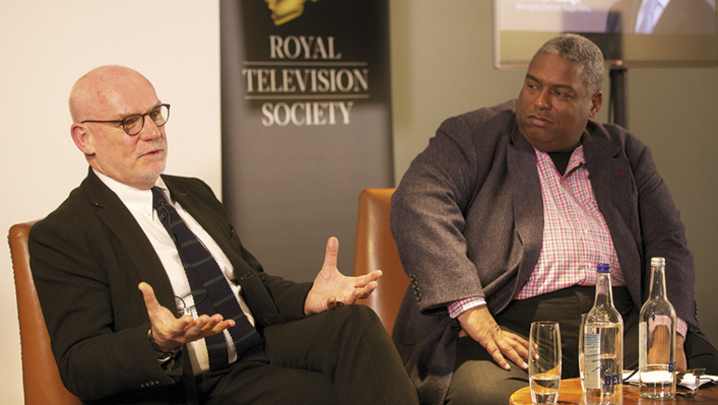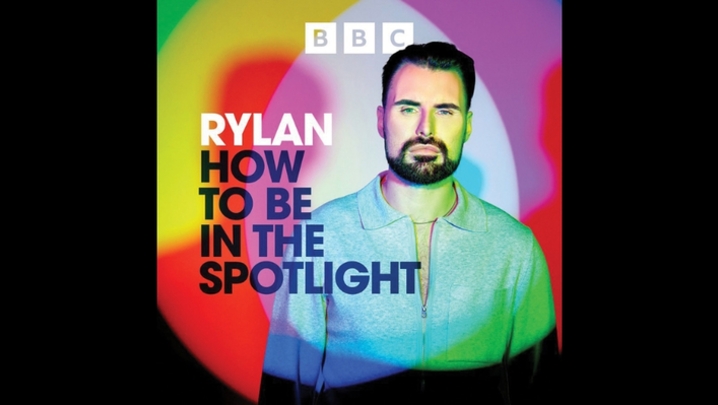Kate Holman tunes in to Craig Mazin dissecting his brilliant TV series
Shocking. Bleak. Controversial. Devastatingly brilliant. All these descriptions are true of HBO and Sky’s five-part retelling of the 1986 Chernobyl disaster. The HBO and Sky series has been one of the most talked-about dramas of the year so far, lauded by critics and helping to confirm the current golden age of TV.
At times, the events depicted in the programme were so incredible that many viewers have questioned what was real and what is made up.
Luckily, HBO has released The Chernobyl Podcast in conjunction with Pineapple Street Media. It features the writer and creator of the show, Craig Mazin, and is hosted by the American humourist Peter Sagal.
Introducing the series as “a show that makes you want to talk about it”, Sagal delves into the shocking stories portrayed in Chernobyl.
The pair analyse each episode and highlight which characters and events were real, and discuss topics such as the decision not to give the cast Russian accents.
Mazin and Sagal also debate some of the bigger moral questions arising from the disaster. These include Chernobyl investigator Valery Legasov’s controversial decision to lie to the International Atomic Energy Agency about the scale of the catastrophe in episode 4, and why the Soviet authorities concealed the truth from their own people.
Despite the harrowing nature of the material, the podcast is surprisingly enjoyable, and it’s illuminating to hear the truth concerning the world’s biggest nuclear disaster.
Mazin discusses scenes that were cut from the show for being too gruesome.
He also reveals shocking personal stories of sacrifice that he didn’t have the space to put into his narrative.
For a disaster where many of the “facts” remain unclear, the podcast adds texture to the vivid TV retelling.
Poignantly, it asks whether the victims will ever be treated justly.

